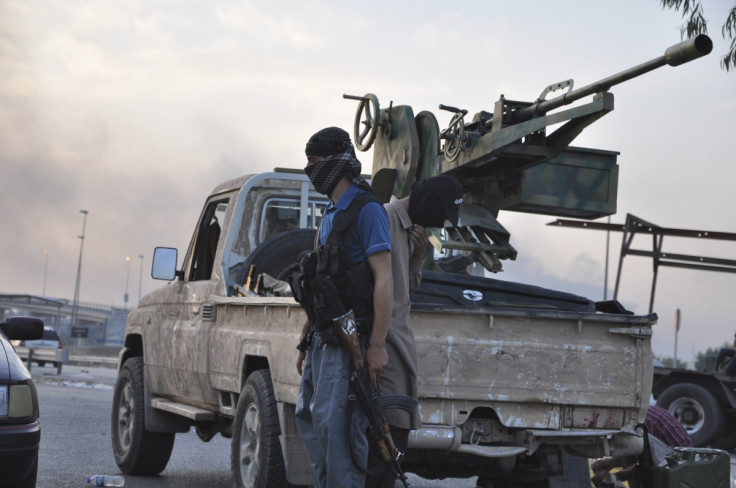Cash-strapped Isis removes organs from wounded jihadi fighters to sell on black market reports say

The Islamic State (Isis) has been accused of killing their own jihadi fighters so they can remove their organs and sell them on the black market, reports say. The extremists, who are fighting Kurds, the Syrian and Iraqi armies and other forces in their so-called caliphate, are resorting to more desperate measures to raise much needed cash to keep control of their crumbling fiefdom.
Daesh (Isis) has lost an estimated 22% of its territory since the height of its powers in 2014. The loss of territory has also led to a reduction in the number of citizens they control, from 9 million to 6 million, resulting in in less taxes being collected.
In addition, oil refineries and banks have been targeted by the US-led Operation Inherent Resolve. They have bombed hundreds of buildings controlled by the terrorists. US-based analysis firm, IHS, say that the daily oil output has plummeted from 33,000 barrels to 21,000 barrels which means the extremists are now raking in $56m per month from oil when they used to earn $80m (£56m) per month.
The fighters themselves have had to recently take a pay cut. Now it seems that their body parts are for sale if they become injured. The new claim about the sale of kidneys and hearts come from Mosul, Iraq's third largest city, and the second most important to Isis apart from their de-facto capital of Raqqa.
The Arabic-language al-Sabah newspaper, quoted an unnamed source in Mosul as saying: "Doctors were threatened to take out the body organs of a wounded ISIL militant".
The Spanish newspaper El Mundo has also reported that Isis has been attempting to harvest organs from wounded members of the Syrian army and other captives. They also claimed that prisoners held by IS have also been forced to give blood to injured jihadists and executions had even been postponed for this purpose. Other reports from Mosul say that at least 183 people had had their organs removed.
IHS say that around half of Isis's revenue come from taxation and confiscation of assets and businesses, while 43% are derived from the oil industry. They also raise cash through drug smuggling, the sale of electricity and donations, say IHS.
© Copyright IBTimes 2025. All rights reserved.






















